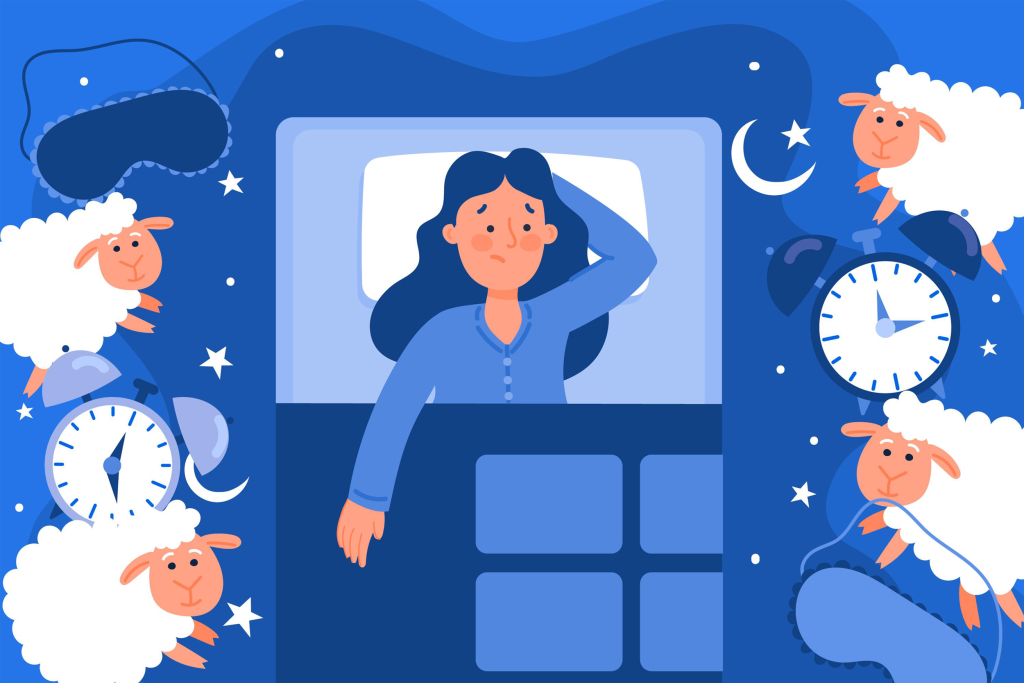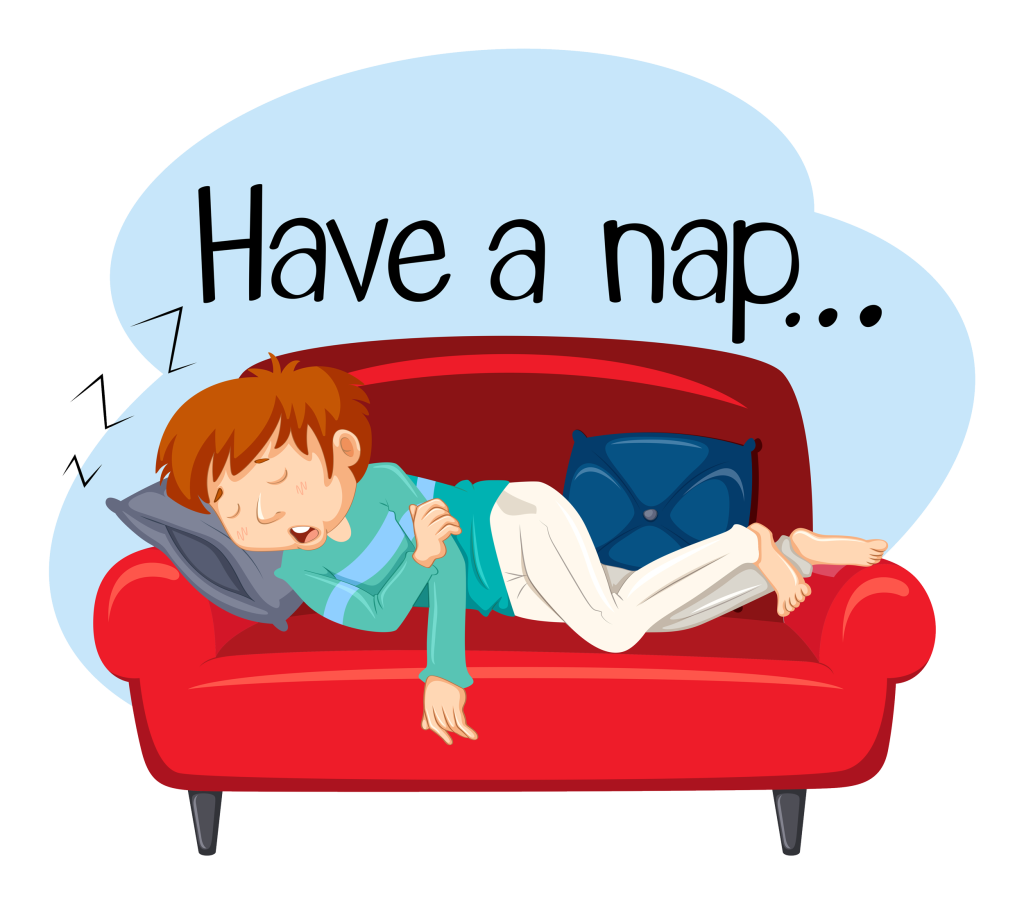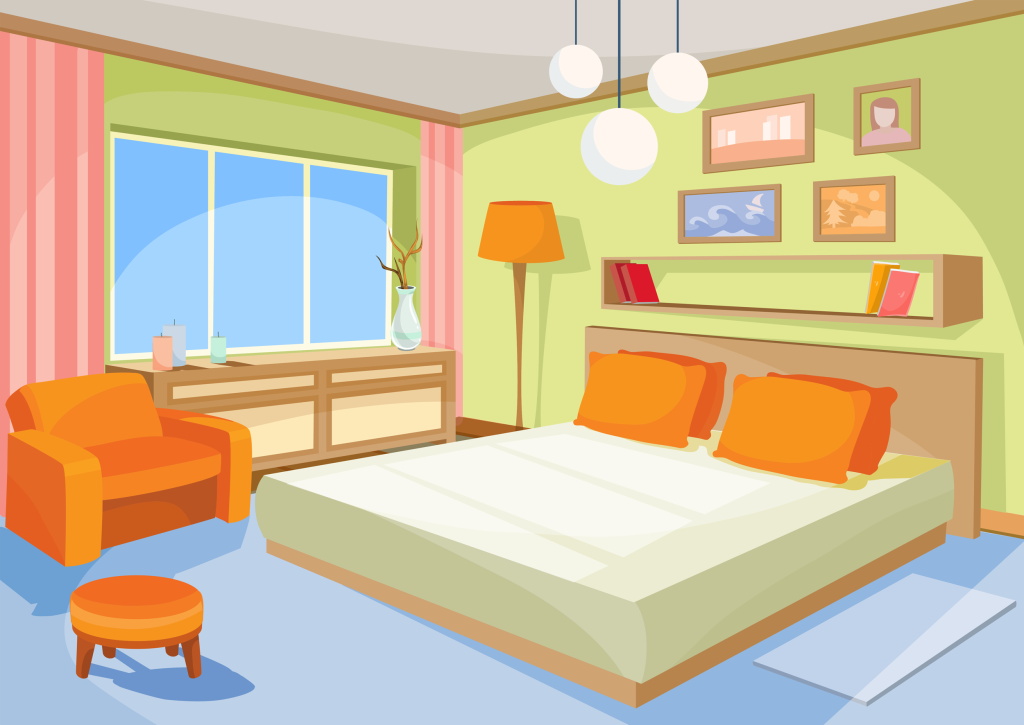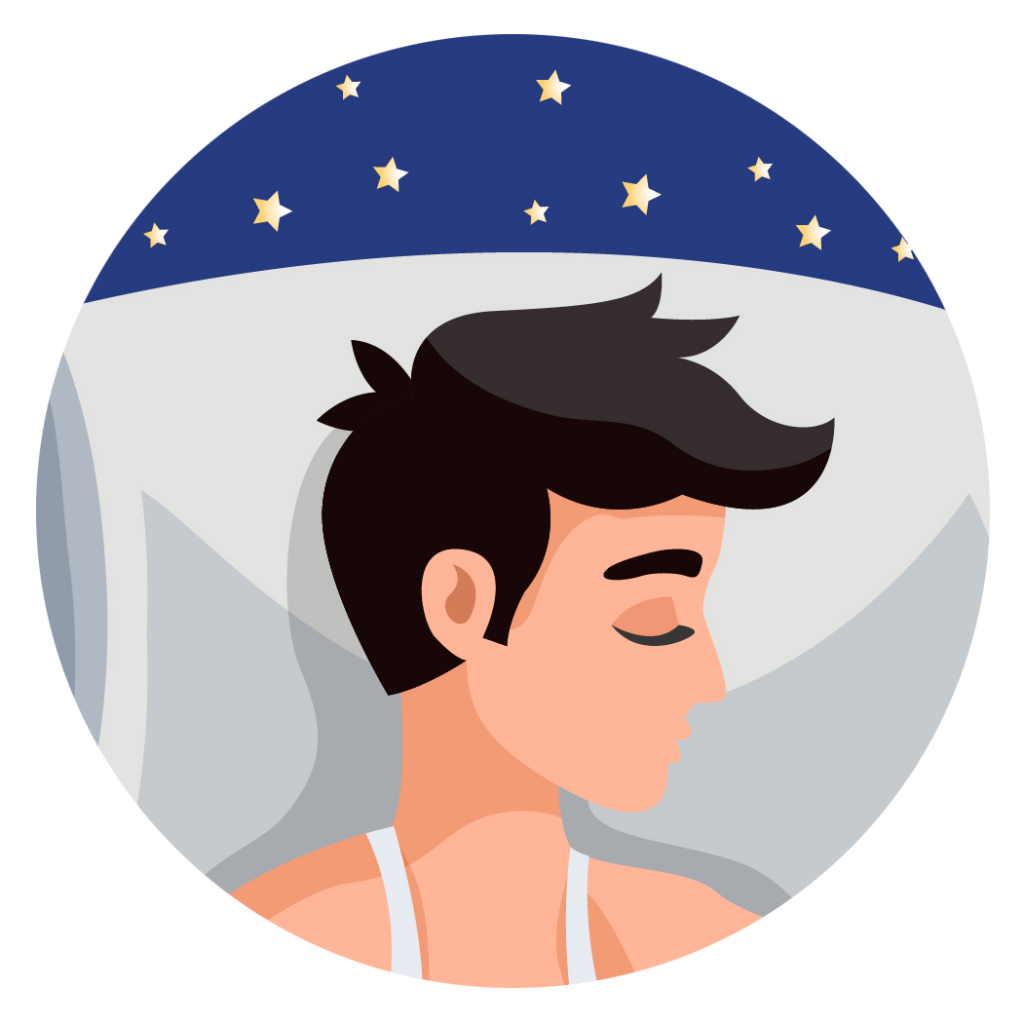CONTACT US: 0919 058 5858 | 02 899 51920
CONTACT US:
0919 058 5858 | 02 899 51920

Sleep is essential to physical and mental health. People need enough sleep to enable the body to develop immunity and fight diseases. It also has an impact on the way an individual thinks, learns, concentrates, reacts, works, processes memories, and interacts with other people.
The amount of sleep that we need varies as we grow older. According to the Centers for Disease Control and Prevention (CDC), newborns (0-3 months) need 14 to 17 hours of sleep while infants (4-12 months) require 12 to 16 hours. Toddlers (1-2 years) would benefit from 11 to 14 hours, preschoolers (3-5 years) need around 10 to 13 hours, and the optimal sleep for school age (6-12 years) is about 9 to 12 hours. Teens (13-18 years) are recommended to get 8-10 hours of sleep while adults (18-60 years) ideally need 7 or more hours. Seniors (61-64 years) are advised to sleep for 7 to 9 hours while individuals who are more than 65 years old need to doze for 7 to 8 hours.
Did you know that Filipinos are the fourth sleep-deprived people in the world? Based on a survey by Sleep Cycle, Pinoys only get about 6 hours and 30 minutes of sleep a day which falls below the ideal number of hours of sleep. Some common factors that prevent people from getting enough sleep are day-to-day stressors, work schedules, an unconducive bedroom environment, and medical issues. Sleep deficiency does not only interfere with daily activities but it can also lead to various health problems.
Here are some tips to get optimal hours of zzzs to promote better physical and mental health.
Set your bedtime and be consistent about it. Going to bed at the same time each night will help condition your brain to naturally feel sleepy at this time. As your body gets used to your bedtime schedule, you’ll find yourself getting up at around the same time each morning too.

If you have difficulty sleeping at night, it’s recommended that you avoid long and frequent naps. Taking naps helps recharge your energy to make up for the lack of sleep the night before. If your body is recharged, chances are, you won’t feel sleepy when it’s time to go to bed.

Making a few adjustments in your bedroom can make a big difference when it comes to getting a good night’s sleep. A quiet, relaxing, and comfortable bedroom can help you sleep better. In addition, make your bedroom dark when it’s time to retire at night by closing the curtains and the lights. Blackout shades or dark curtains are great for blocking out lights from outside (lamp posts, lights from passing cars, etc.).

Electronic devices such as televisions, smartphones, tablets, and computers are distracting and they emit blue light that can affect sleep. According to the Sleep Foundation, blue light prompts parts of the brain that make people more alert. It tricks the brain into thinking that it is still daytime. So next time you go to bed, resist the urge to watch your favorite K-drama on television or browse your social media on your smartphone or tablet.

Eating a heavy dinner and drinking alcoholic beverages before bedtime may result in indigestion and acid reflux. It can also disturb your sleep because of middle-of-the-night trips to the bathroom. Choosing a light meal and drinking non-caffeinated herbal tea such as chamomile or lavender, can help relax the mind and induce sleep.

A study shows that regular exercise can help a person fall asleep more easily at night and improve the quality of sleep. Engaging in at least 30 minutes of moderate aerobic exercises can elevate the heart rate and bolster biological processes that promote better quality sleep.

MedicarePlus recommends getting optimal sleep to develop a strong body and a sound mind. You can attain this by setting a consistent bedtime schedule and creating a conducive bedroom environment. Putting away electronics, avoiding heavy meals, and not drinking caffeine and alcohol before bedtime can also contribute to better slumber. It’s also advisable to engage in regular exercise and avoid long and frequent naps to induce sleep.


Easy access health plan options for the Filipino community.
We know finding the right healthcare plan can be a complex and confusing task.
Our health plan specialists are always here to help 24/7.
Got more questions?